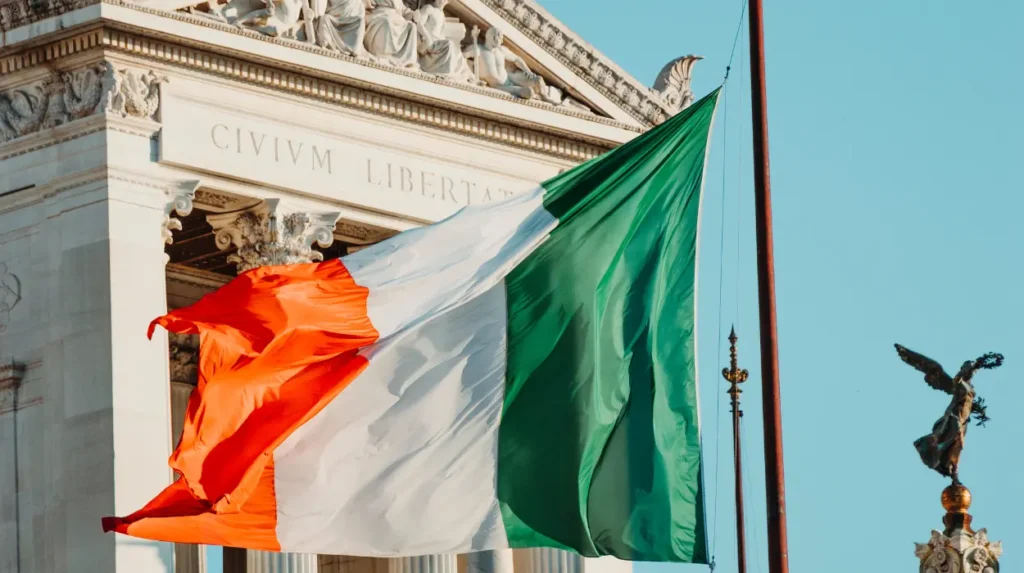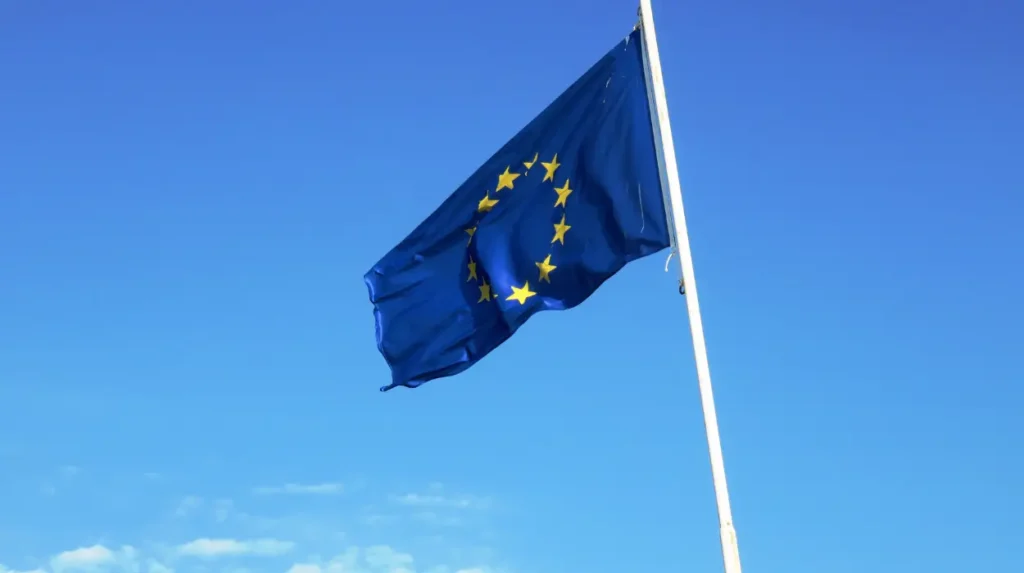The process of Irish reunification is an option in the political process for Northern Ireland to leave the United Kingdom in favor of joining the Republic of Ireland for the creation of a unitary sovereign law. The argument has an extensive history within the partition of Ireland in 1921 and continues to become a focus of Irish and British politics.
The Good Friday Agreement of 1998, establishing a peaceful manner in which Northern Ireland should be governed, also allowed for a possible legal path for a referendum on reunification. In recent years, the political question over Brexit and demographic changes in Northern Ireland has ignited renewed discussion around the question: is reunification more likely than ever? It becomes crucial to analyze the political, social, and economic outlooks to determine the possibility.
Political Factors Affecting Reunification
Politics is at the heart of all possibilities for reunification. Northern Ireland’s political parties are as sharply divided along the party lines. The nationalists, such as Sinn Féin and SDLP, support reunification; the DUP and UUP remain adamantly opposed to the idea. In fact, the key political players, Fianna Fáil and Fine Gael, endorse the possibility of reunification but emphasize the importance of devising pre-planned procedures in such an eventuality.
Over the past couple of years, the political environment has undergone tremendous changes. The support of Sinn Féin has been on-the-spot for rallying support, both North and South, so that it could entice politicians into moving the agenda onto the referendum track. It will still not be an easy path, given the opposition from unionists.

Brexit and Political Sentiment
Brexit redefined the basis of reunification discourse. Despite a Victoria overwhelming 2016 vote by Northern Ireland and the rest of the UK to remain within the EU, Northern Ireland was left out in the cold towards EU membership within the UK. With the Northern Ireland Protocol drawing up a customs border in the Irish Sea, the specter of a hard border over the island of Ireland becomes less compelling politically.
For nationalists, the prospect of reunification with the EU membership of an island of Ireland, contrasted with unionists who were increasingly feeling distanced from the UK government, created a political shift that has strengthened the rationale for holding a border poll sooner rather than later.
Social/Demographic changes
Demographic trends in Northern Ireland play a part in changing prospects of the debate. Traditionally, the unionist population outnumbered nationalists, but the last few records show the population grew in recent years at quite a rapid pace and is probably now the largest single community in the region, with a tendency to political thought that appreciates the prospects of reunification. Younger generations also care less about strong political identity and are more amenable towards reunification based on tangible benefits. Social attitudes are showing more cross-community willingness, and as shared concerns about accessing healthcare, education, and economic opportunity take priority, the previous divides may become diminished. These changes imply that the social conditions may be more favorable to facilitating serious unity discussions.
Public Opinion and Surveys
Opinions regarding reunification vary a great deal over time and circumstances. Some surveys show a narrow majority in favor in Northern Ireland, and others still show the union having the upper hand in public opinion. Support tends to be higher in the Republic of Ireland, over 60%, as the amount of economic cost to Southerners seems to concern many Southerners, and this is evident in the polling. Public opinion is also affected by events, while factors such as the political instability in London or Dublin will have an effect on crisis events, such as Brexit or COVID-19, which also could shape opinions. The twists and turns of public sentiment mean momentum is building; it would be difficult to predict an outright majority for reunification.

Economic Factors
There are some strong economic implications for the debate over reunification. Northern Ireland is supported financially to a large extent by the UK Treasury, through the “subvention,” to fund public services and assets. Transitioning to a united Ireland will involve the loss of this funding that must be compensated from further taxation, reallocation, or via the European Union.
Conversely, the economy may enjoy benefits of a reunified economy, including easier trade across the island, all-island infrastructure, and the advantages of being part of the EU single market. The economic studies will not clearly state action, as others will show shorter-term costs and future gains, while others express risks to stability, public services, and sustainability.
The Role of the European Union
When reunification occurs, Northern Ireland will disengage with the UK and automatically align with the Republic of Ireland, which will automatically join the EU elementally by constitutional convention. This is attractive not only to many who would prefer to see free movement, access to the single market, and opportunities for funding.
From the point of view of Northern Ireland’s economic and legal systems, the EU may be less open or more daunting in its willingness to help Northern Ireland. Southern Ireland has been quite flexible sharing with the EU to obtain special compensation for its own citizens throughout the history of the union. However, the EU has made it clear that if Northern Ireland goes down a democratic and peaceful path, they will welcome it, but they are not going to give any sort of financial package nor set aside resources for the “potential” reunification.

Security and Stability Considerations
The Good Friday Agreement has maintained peace for over 20 years, but uneasiness can still surface. This particularly occurs around sensitive anniversaries or political disagreements. There is likely to be opposition to reunification from certain loyalist groups that would act as a significant challenge to public order and safety.
A peaceful transfer of power will need to be supported by firm guarantees, trust between the parties, and sufficient backing from London, Dublin, and local communities. It may also have to include some level of monitoring by international observers, such as the United Nations or the EU, to ensure a peaceful process.
The Likelihood of Reunification
The prospects for a united Ireland are on the rise, as there is still some uncertainty. The political momentum, demographic shifts, and the whole object of the Brexit exercise have put the question wide open, but there are still considerable obstacles; these include the reservation of unionists, economic uncertainties, and planning, which would set an agenda for mutual collaboration and decision-making.
There must be an articulated and clear legal framework, profound support from the international community, and a unifying vision that addresses the needs of both communities. A referendum could be in place within a decade, and the outcome would greatly depend on the deft handling of much of this political, social, and economic question over the years.

